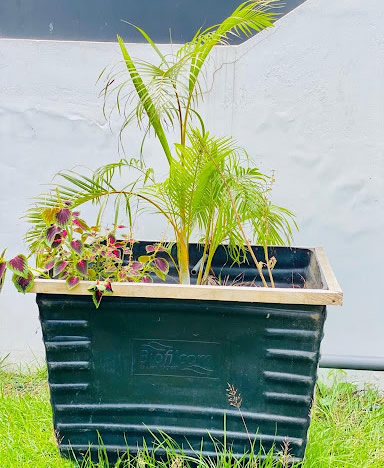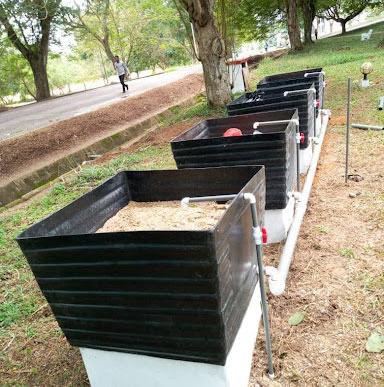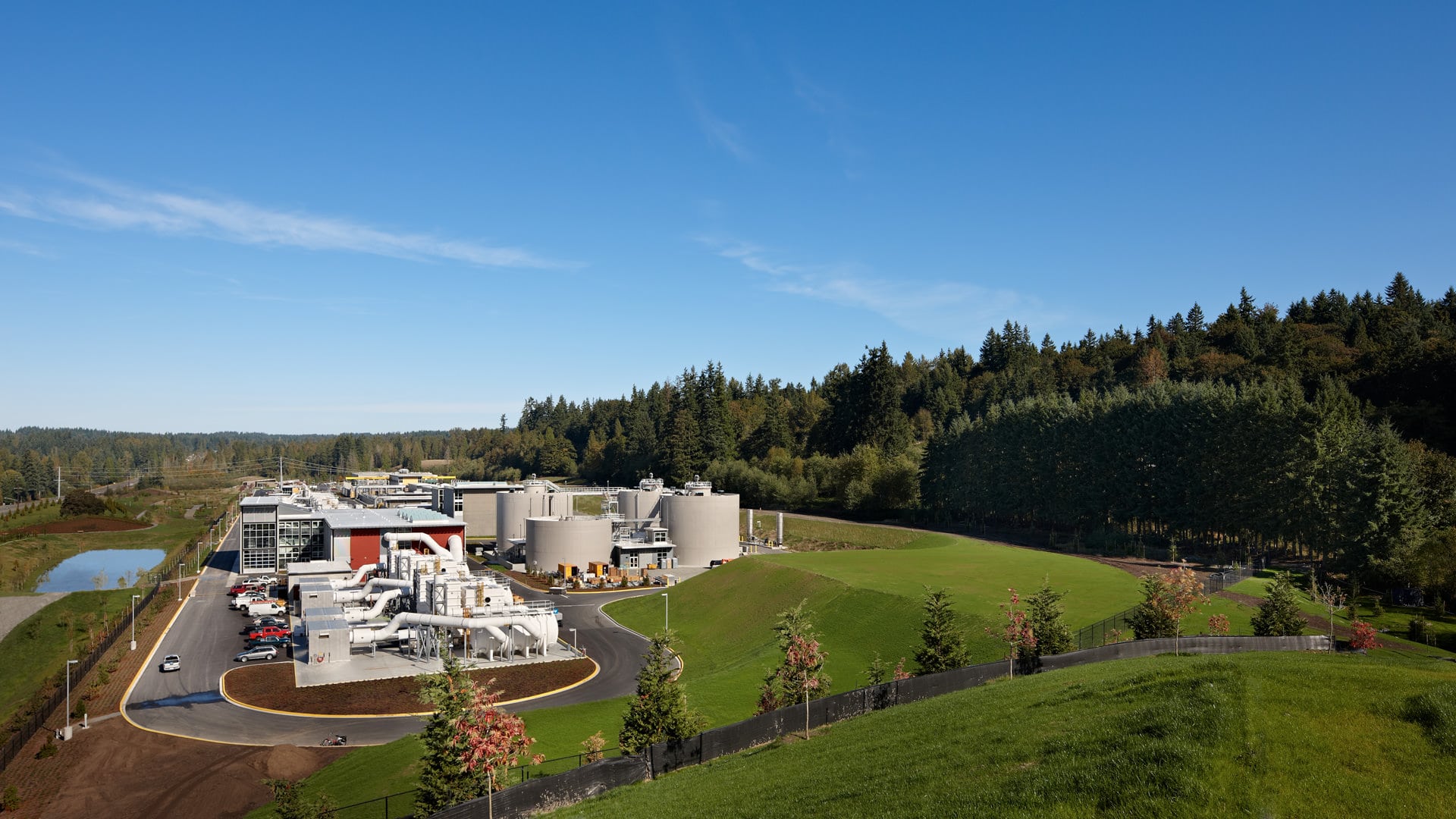In today’s rapidly evolving world, wastewater treatment plays a crucial role in ensuring the preservation of our precious water resources and protecting the environment. As the population grows and urbanization expands, the need for effective wastewater management becomes more pressing. In this blog article, we will explore the fundamentals of proper wastewater treatment and its significance in maintaining a sustainable and healthy ecosystem.
The Basics of Wastewater Treatment:
At E.F ANNO, we employ an effective onsite wastewater treatment approach that combines sand filtration and plant integration. This methodology helps eliminate excess nutrients, pollutants, and pathogens from wastewater, preventing water pollution and odors. Sand filtration removes impurities, while plant integration utilizes natural processes to absorb and utilize nutrients.

This approach is environmentally friendly, reducing reliance on energy-intensive equipment and chemicals. By implementing this method, we contribute to the responsible management of wastewater, ensuring cleaner water and a healthier environment.
Sand Filtration and Nutrient Recycling:
In our wastewater treatment system, sand filtration plays a crucial role in removing impurities. The filters, made of porous sand, capture and eliminate harmful substances while allowing water to pass through. By integrating plants into these filters, we create a mutually beneficial environment where the plants absorb excess nutrients from the water. This stage of treatment promotes nutrient recycling, ensuring a continuous cycle of nourishment for the plants and preventing the accumulation of nutrients that can lead to foul odors. This integrated approach optimizes treatment efficiency, sustainably utilizes resources, and prevents environmental issues caused by nutrient build-up.

Enhanced Efficiency:
Our modern approach to wastewater treatment combines sand filtration and plant integration to achieve highly efficient and effective results. This method, built on advancements in technology and improved techniques, can remove up to 99% of impurities and pathogens. By utilizing sand filtration, water passes through porous filters, capturing and retaining harmful substances while allowing clean water to flow through. Integrating plants further enhances the treatment process by absorbing excess nutrients, preventing nutrient build-up and its negative impacts. This approach ensures that the treated water is safe for discharge, minimizing the environmental impact on ecosystems and promoting sustainability.
Benefits of Proper Wastewater Treatment:
1. Environmental Protection:
It is a crucial aspect of wastewater treatment. By implementing proper treatment methods, we play a vital role in safeguarding our rivers, lakes, and oceans from pollution. Untreated wastewater can contain harmful substances, pathogens, and excess nutrients that can pose a significant threat to aquatic ecosystems.
By treating wastewater effectively, we prevent these pollutants from entering natural water bodies, maintaining the delicate balance of aquatic ecosystems. This helps preserve the biodiversity, water quality, and overall health of aquatic habitats. Furthermore, it safeguards the availability of clean and safe water resources for both wildlife and human populations.
Taking responsibility for wastewater treatment and ensuring its proper management is essential to protect the environment for future generations. By mitigating pollution risks, we contribute to creating a clean and habitable environment that supports thriving ecosystems and sustains the well-being of all living beings.
2. Public Health:
Effective wastewater treatment is crucial for protecting public health and ensuring the safety of communities. By removing harmful pathogens, it reduces the risk of waterborne diseases and promotes a safer environment for both human and animal populations. Proper treatment methods significantly mitigate the transmission of diseases and contribute to the overall well-being of communities by providing access to clean and safe water sources.
3. Resource Conservation:
Proper wastewater treatment enables the reclamation and reuse of water resources, addressing the global concern of freshwater scarcity. By treating wastewater to a high standard, valuable water resources can be efficiently utilized, reducing the strain on limited freshwater supplies. Wastewater reclamation and reuse offer sustainable solutions, conserving freshwater sources, promoting water resource efficiency, and providing economic benefits. This approach transforms wastewater from waste to a valuable resource, supporting sustainable development and mitigating water scarcity challenges.
Proper wastewater treatment is not just a necessity; it is an essential component of responsible environmental stewardship. By implementing innovative techniques such as sand filtration and nutrient recycling, we can effectively remove impurities and pathogens, protecting our ecosystems and promoting a healthier future. At EF ANNO, we remain committed to delivering sustainable wastewater management solutions that prioritize the environment, public health, and resource conservation. Together, let us embrace the importance of proper wastewater treatment and work towards a cleaner and more sustainable world.

